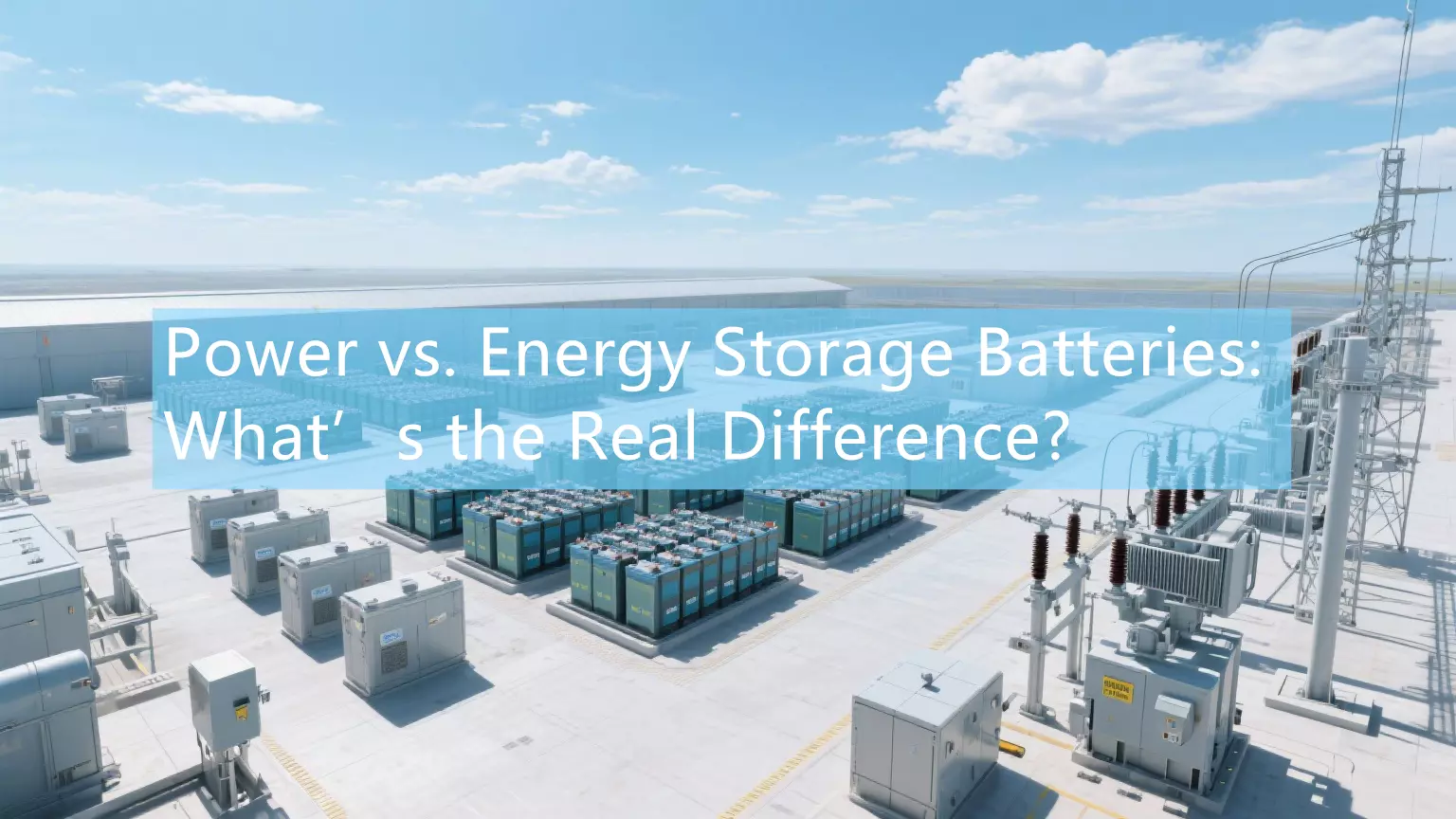As a professional lithium battery manufacturer, we work with video surveillance companies and security companies to provide durable and safe power solutions for the security market, from battery sample design to development.
This article will help you when purchasing lithium batteries for video surveillance products. Thus, choosing the right battery for commercial security cameras can ensure the smooth operation of the surveillance system.
Purchase Notes
1. Power capacity
Battery capacity determines how long your surveillance system stays powered. A higher capacity ensures more extended operation without frequent replacements or recharges. Usually, We recommend a security camera capacity of 20ah to 100ah for commercial security cameras.

2. Voltage compatibility
Battery voltage must match your surveillance system’s voltage. Different devices require different voltages, so choosing the appropriate voltage is crucial. 12v 24v is popular in the security market; sometimes, a 48v security camera battery is also a choice.
3.Temperature tolerance

Safety systems are often operated under a wide range of environmental conditions. Therefore, selecting batteries with a wide temperature tolerance is necessary to ensure good performance in cold and hot conditions.
4. Size and weight
The battery’s weight and size must suit your equipment’s installation environment. Ensure easy installation without affecting the regular operation of the device.
We advise choosing a battery size based on the installation location to avoid compatibility issues.
5.Safety features
Select lithium batteries with overcharge, over-discharge, short circuit, and temperature protection features to ensure safe use and avoid hazards.
6.Supplier and Warranty
Choose a reputable supplier who offers a warranty and reliable customer support. This ensures that any issues you encounter can be resolved without additional costs.
Brief Comparison Table
In video surveillance systems, batteries are mainly divided into lead-acid batteries, lithium iron phosphate batteries, and NMC batteries. We have listed the advantages and disadvantages of these batteries and the application scenarios to help you choose the suitable battery pack better.
| Kind | Pros | Cons |
| Lead-Acid battery | Secure power, Cost-efficient, dependable | Needs upkeep, heavy, shorter lifespan |
| LFP Battery | Lightweight, long service life, safe | Lower Energy Density, Lower Power Density |
| NMC Battery | Higher Energy Density, Higher Power Density, | Higher Cost, Good low-temperature performance, shorter lifespan |
Commercial video surveillance cases
24 7 battery powered wireless security camera systems
In 24/7 monitoring, a large-capacity and durable battery pack can ensure that monitoring is always online. It is recommended that a lithium iron phosphate (LFP) battery with a battery management system (BMS) be chosen.
2k outdoor battery Smart Home Security camera Systems
Remote areas: Choosing a high-energy-density, lightweight battery can reduce the number of replacements and lower maintenance costs. Choosing a lightweight, high-energy-density NMC (nickel-manganese-cobalt) battery is recommended.
4G wireless 1080P security IP cameras
Since lithium iron phosphate (LFP) batteries can operate safely at temperatures up to 60°C, they are perfect for extreme environments with high temperatures or high seismic activity.
5G Indoor high-security surveillance
For mobile surveillance devices (such as surveillance drones or vehicles), compact batteries with high power output and energy density are required to maximize operating time while reducing weight. It is recommended that NMC (nickel-manganese-cobalt) batteries be chosen because they have high power and high energy density.
Indoor Wifi Analog Security cameras System
In high-security indoor environments such as banks, casinos, or data centers, LFP (lithium iron phosphate) batteries are recommended because of their long cycle life and safe performance, ensuring a stable backup power supply during a power outage.
Intelligent city surveillance system
Intelligent city surveillance usually involves multiple cameras covering a large area with different power requirements. It is recommended that LFP batteries be used with advanced energy management systems to ensure a stable long-term power supply and reduce maintenance requirements.

Conclusion
In conclusion, consider factors such as capacity, voltage, size, safety, and the usage environment when selecting lithium batteries for commercial video surveillance systems. High-quality lithium batteries can provide reliable power to your surveillance system, giving you peace of mind in the security market.





